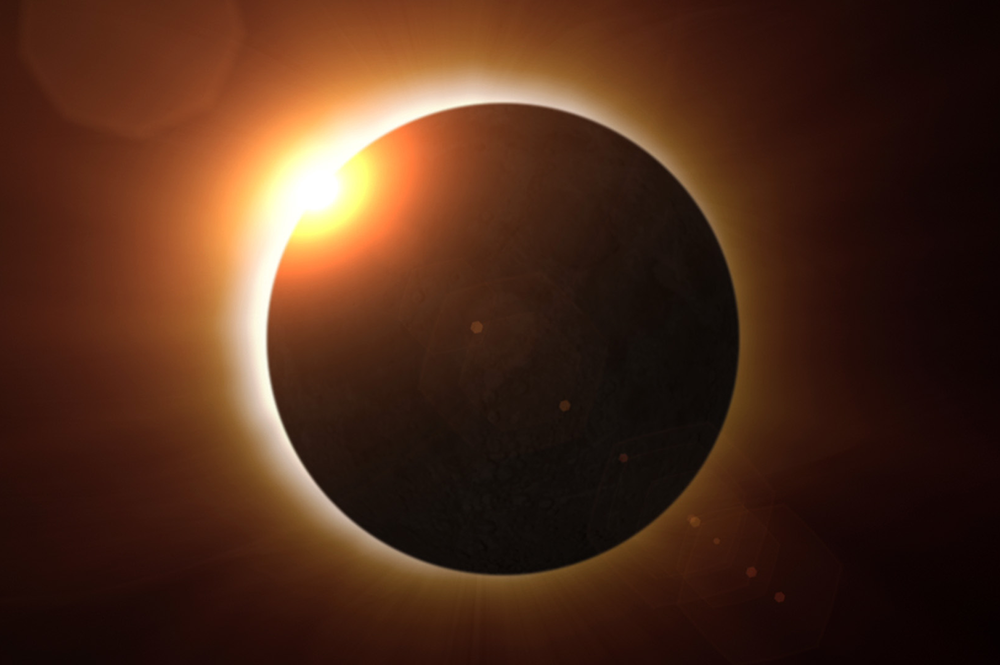Clark School Participates in Solar Eclipse
On Monday, August 21, 2017, all of the United States will have a solar eclipse. The moon will cover at least part of the sun for 2–3 hours. Halfway through, anyone within a narrow path from Oregon to South Carolina will experience a brief total eclipse. The moon will completely block the sun's bright face for up to 2 minutes 40 seconds. The Clark School of Engineering is deploying three teams of faculty, staff, and students to experience the solar eclipse in-person. We have chosen three geographic locations to view the eclipse by putting in place sensors on-board airborne platforms:
Please check our twitter account @ClarkSchool to see images and videos related to the solar eclipse. If you are going to view the solar eclipse, here are some safe viewing recommendations from the American Optometric Association: The American Optometric Association, in partnership with the American Astronomical Society, is providing detailed information so that you can safely view the eclipse. Here are four ways to safely view a solar eclipse: Use approved solar eclipse viewers. The only safe way to view a partially eclipsed sun is through special-purpose solar filters, such as "eclipse glasses" or viewers that meet international standard ISO 12312-2 for safe viewing. Sunglasses, smoked glass, unfiltered telescopes or magnifiers, and polarizing filters are unsafe. If you can't find eclipse viewers, build a pinhole projector to watch the eclipse. Technique of the pros. Before looking at the sun, cover your eyes with the eclipse viewers while standing still. Glance at the sun, turn away and then remove your filter. Do not remove the filter while looking at the sun. Totality awesome. Only within the path of totality – and once the moon completely blocks the sun – can eclipse viewers safely be removed to view totality. Once the sun begins reappearing, however, viewers must be replaced. Visit your doctor of optometry. If you should experience discomfort or vision problems following the eclipse, visit your local doctor of optometry for a comprehensive eye examination. A free information sheet can be downloaded by clicking here. A reproducible infographic can be downloaded by clicking here. For more detailed information about the eclipse, its path, and timing, visit eclipse.aas.org or eclipse2017.nasa.gov. Access solar filters and "eclipse glasses" by clicking here.
Related Articles: August 18, 2017 Prev Next |


